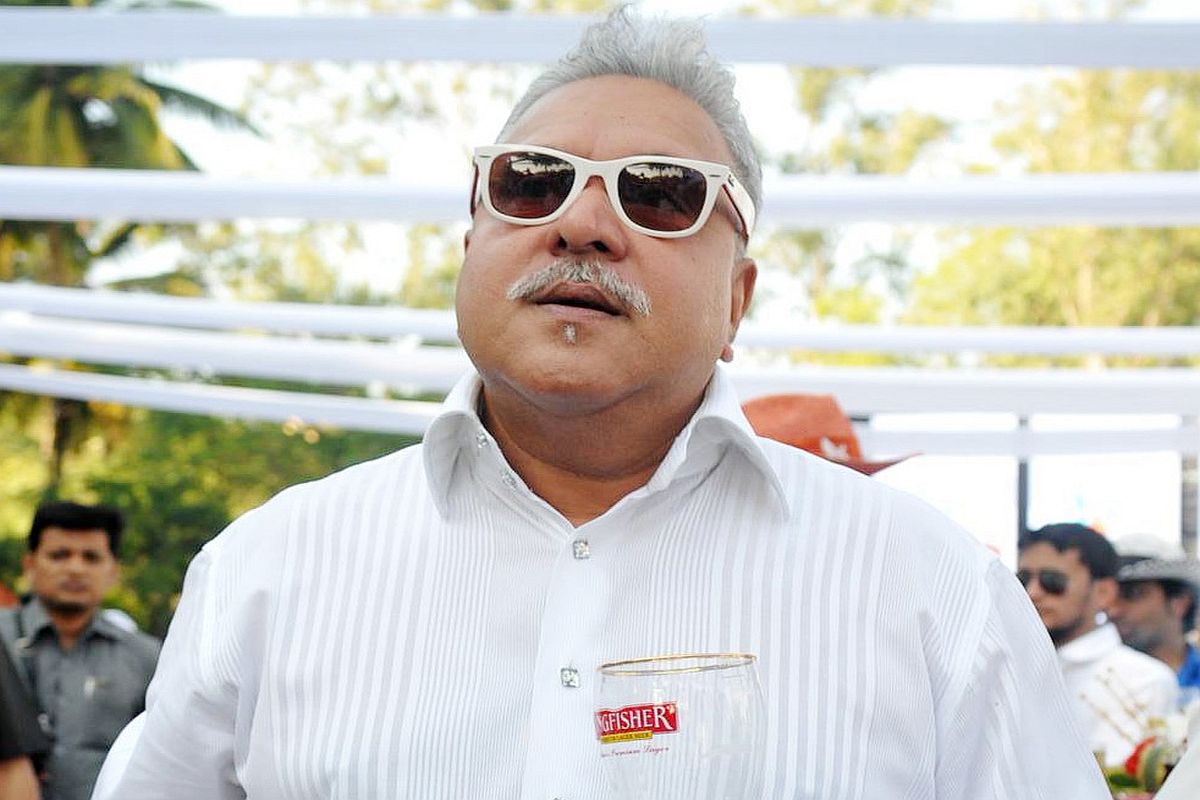The Supreme Court on Thursday reserved its order on a plea filed by fugitive liquor baron Vijay Mallya seeking a review of its May 2017 order holding him guilty of contempt for transferring USD 40 million to his children in violation of the court’s order.
The apex court had held him guilty, as he did not truthfully disclose full account of his assets in contravention of court order. Mallya was also found guilty of violating the top court order by siphoning away $40 million from his account. He was restrained from any such withdrawal.
Advertisement
In the earlier hearing in the matter, a certain document connected with the case in the Supreme Court had gone missing from the its files. Following this, a bench comprising Justices UU Lalit and Ashok Bhushan had adjourned the hearing to August 20.
The Supreme Court’s 2017 order had come on a plea by consortium of banks led by the State Bank of India (SBI), which had said that Vijay Mallya had allegedly transferred USD 40 million received from British firm Diageo, to his children in “flagrant violation” of various judicial orders.
It was dealing with pleas of lending banks seeking contempt action and a direction to Vijay Mallya to deposit USD 40 million received from offshore firm Diageo respectively.
The banks had then alleged that Vijay Mallya concealed the facts and diverted the money to his son Siddharth Mallya and daughters Leanna Mallya and Tanya Mallya in “flagrant violation” of the orders passed by the Karnataka High Court.
The liquor baron is in the UK since he fled India on March 2, 2016.
Meanwhile, Vijay Mallya’s extradition to India has been delayed as there is a “legal hurdle yet to be resolved”.
Under UK law, extradition cannot take place until the legal issue is resolved.
As per UK’s Extradition Act, an individual has to be extradited with 28 days of an order by a high court or Supreme Court. However, if the individual had made an asylum claim, which refers to an appeal to stay in the UK as a refugee, the extradition cannot be done unless the claim is settled.
India has been in touch with the British government over extradition of fugitive liquor baron Vijay Mallya after he exhausted legal options against New Delhi’s request to the UK to extradite him.
Mallya lost his appeals in the UK Supreme Court against his extradition to India to face money laundering and fraud charges.
On May 14, the UK High Court rejected Mallya’s plea seeking permission to file an appeal in the Supreme Court in London.
However, the final extradition order copy pertaining to this has “not been issued”, said a top CBI officer heading the agency probe in the fraud case against Mallya.
Under the new Fugitive Economic Offenders Act, Vijay Mallya is the first accused in India to be booked. In 2019, a Mumbai court named Mallya as an offender under the Act, empowering probing agencies to seize his properties and assets the world over.
Mallya’s Kingfisher Airlines Ltd, is under investigation by the Enforcement Directorate (ED), Central Bureau of Investigation (CBI), Serious Fraud Investigation Office (SFIO), and Securities and Exchange Board of India (Sebi) for loan defaults of over Rs 9,000 crore to a consortium of Indian banks led by the State Bank of India (SBI).
